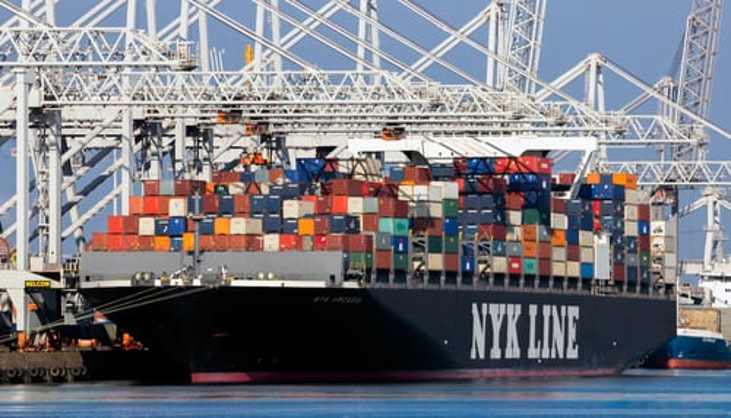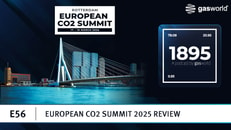Climeworks signs carbon removal deal with shipping giant
Swiss carbon removal specialist Climeworks will provide three carbon removal technologies to Japan-headquartered NYK, one of the world’s largest shipping companies.
The partnership will be Climeworks’ first in Japan and will support NYK’s decarbonisation goals, which aim to achieve net-zero greenhouse gas emissions across all three scopes by 2050.
Climeworks launched its Solutions offering last year to complement its direct air capture removals with tailored portfolios of engineered and nature-based approaches. The NYK portfolio includes biochar, bioenergy with carbon capture and storage, and enhanced rock weathering.
How do these methods work?
Biochar carbon removal: Biochar is a charcoal-like material produced via pyrolysis, where biomass is heated in a low-oxygen environment. The carbon in the material is locked away when the biochar is buried in soil or used in construction materials.
BECCS: The initials stand for bioenergy with carbon capture and storage. CO2 released during the burning of biomass for energy is captured and permanently stored underground, resulting in net-negative emissions.
Enhanced rock weathering: Crushed silicate rock, such as basalt, is spread on farmland. Rainwater absorbs atmospheric CO2 and reacts with the rock, forming carbonates that are washed into rivers or the sea for long-term storage.
... to continue reading you must be subscribed




























